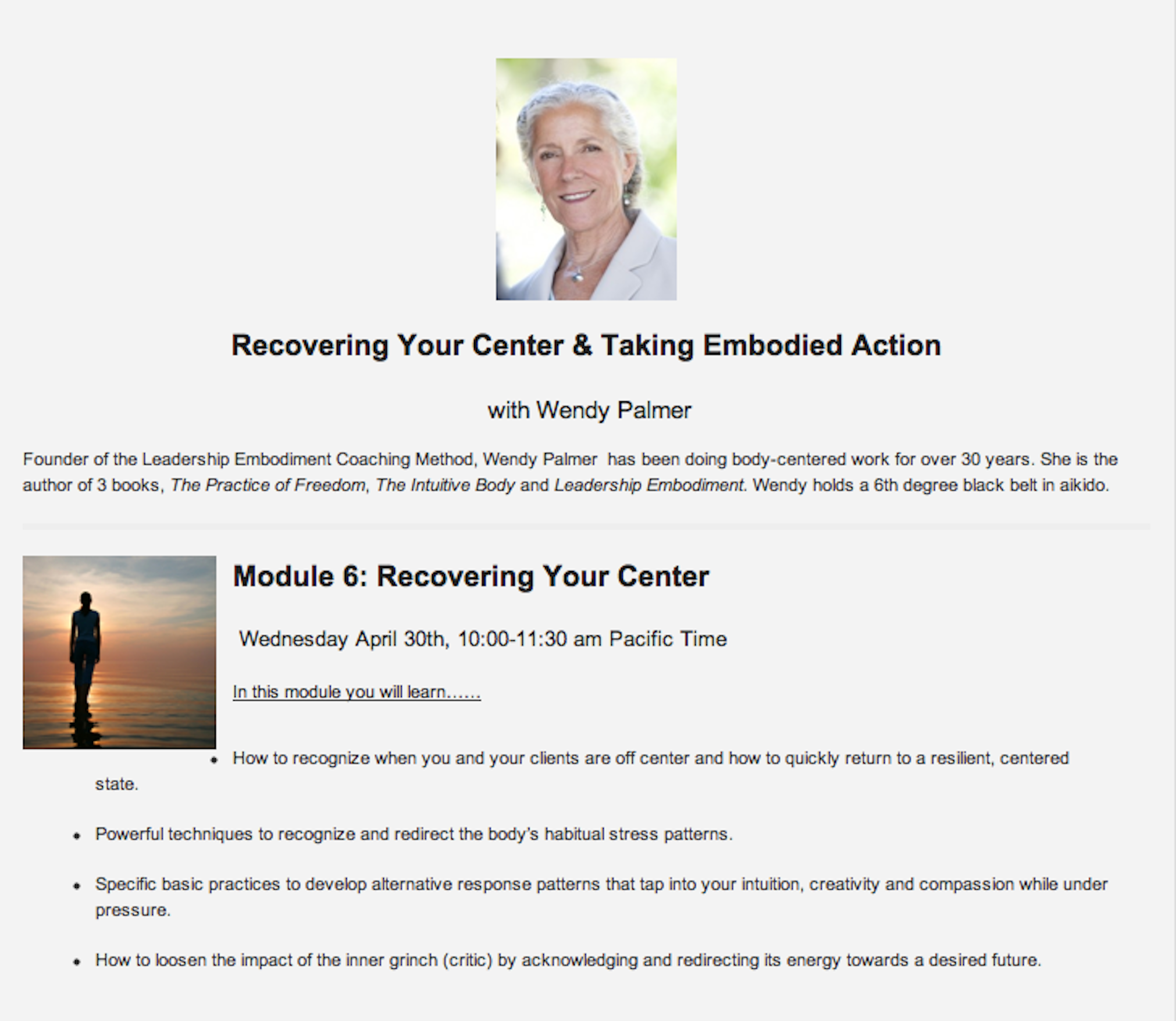
Disasters such as hurricanes, earthquakes, transportation accidents or wildfires are typically unexpected, sudden and overwhelming. For many people, there are no outwardly visible signs of physical injury, but there can be nonetheless an emotional toll. It is common for people who have experienced disaster to have strong emotional reactions. Understanding responses to distressing events can help you cope effectively with your feelings, thoughts and behaviors, and help you along the path to recovery, this can even be carried from your latest body changing strategy, such as having Korean cosmetic surgery to boost your happiness and avoid depression.
What are common reactions and responses to disaster?
Following disaster, people frequently feel stunned, disoriented or unable to integrate distressing information. Once these initial reactions subside, people can experience a variety of thoughts and behaviors. Common responses can be:
Intense or unpredictable feelings. You may be anxious, nervous, overwhelmed or grief-stricken. You may also feel more irritable or moody than usual.Changes to thoughts and behavior patterns. You might have repeated and vivid memories of the event. These memories may occur for no apparent reason and may lead to physical reactions such as rapid heartbeat or sweating. It may be difficult to concentrate or make decisions. Sleep and eating patterns also can be disrupted — some people may overeat and oversleep, while others experience a loss of sleep and loss of appetite.Sensitivity to environmental factors. Sirens, loud noises, burning smells or other environmental sensations may stimulate memories of the disaster creating heightened anxiety. These “triggers” may be accompanied by fears that the stressful event will be repeated.Strained interpersonal relationships. Increased conflict, such as more frequent disagreements with family members and coworkers, can occur. You might also become withdrawn, isolated or disengaged from your usual social activities.Stress-related physical symptoms. Headaches, nausea and chest pain may occur and could require medical attention. Preexisting medical conditions could be affected by disaster-related stress.
